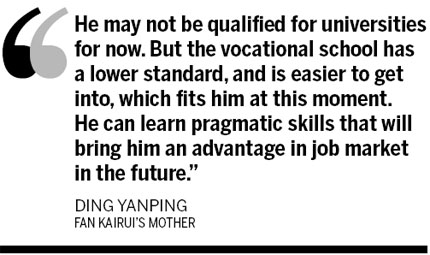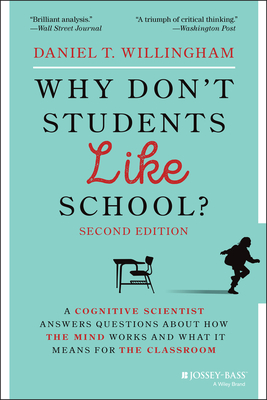Understanding the Consequences of Default on Student Loans: What You Need to Know
#### Introduction to Default on Student LoansDefaulting on student loans is a serious issue that affects millions of borrowers across the United States. It……
#### Introduction to Default on Student Loans
Defaulting on student loans is a serious issue that affects millions of borrowers across the United States. It occurs when a borrower fails to make payments on their student loans for an extended period, typically 270 days for federal loans. Understanding the implications of default on student loans is crucial for anyone who has taken out educational financing. This article will delve into the consequences of defaulting, the options available for borrowers, and tips to avoid this financial pitfall.
#### The Impact of Default on Student Loans
When a borrower defaults on student loans, the repercussions can be severe and long-lasting. One of the most immediate effects is damage to the borrower's credit score. Defaulting can cause a drop in credit scores by as much as 100 points or more, making it difficult to secure future loans, credit cards, or even housing. A poor credit score can lead to higher interest rates and unfavorable loan terms, further complicating the borrower's financial situation.

In addition to credit damage, borrowers who default on their student loans may face aggressive collection efforts. Loan servicers can employ various tactics to collect the owed amounts, including wage garnishment, tax refund seizures, and even lawsuits. These actions can create additional financial strain and stress for borrowers already struggling to manage their debts.
#### Understanding Your Options After Default on Student Loans
If you find yourself in a situation where you have defaulted on your student loans, it’s essential to know that you have options to regain control of your finances. One of the most effective ways to address default is through loan rehabilitation. This process involves making a series of agreed-upon payments to bring your loan back into good standing. After completing the rehabilitation program, the default status will be removed from your credit report, significantly improving your credit score.
Another option is loan consolidation, where you combine multiple federal loans into one new loan. This can simplify your payments and may allow you to enter into an income-driven repayment plan, which bases your monthly payment on your income and family size. Consolidation can also help you avoid the consequences of default, as long as you stay on top of your new payment plan.

#### Preventing Default on Student Loans
Prevention is always better than cure, especially when it comes to student loans. To avoid default on student loans, borrowers should stay informed about their repayment options and communicate with their loan servicers. If you anticipate difficulty making payments, consider exploring deferment or forbearance options, which can temporarily suspend payments without triggering default.
Additionally, setting up automatic payments can help ensure you never miss a due date. Many loan servicers offer interest rate reductions for borrowers who enroll in automatic payments, making it a financially savvy choice as well.
#### Conclusion: Taking Control of Your Student Loans

In summary, default on student loans is a serious issue that can have lasting consequences on your financial health. However, by understanding the impact of default, exploring available options, and taking proactive steps to prevent it, borrowers can navigate their student loan challenges more effectively. Remember, staying informed and seeking help when needed is key to maintaining financial stability and achieving your educational goals. If you are struggling with your student loans, consider reaching out to a financial advisor or a student loan counselor for personalized guidance tailored to your situation.